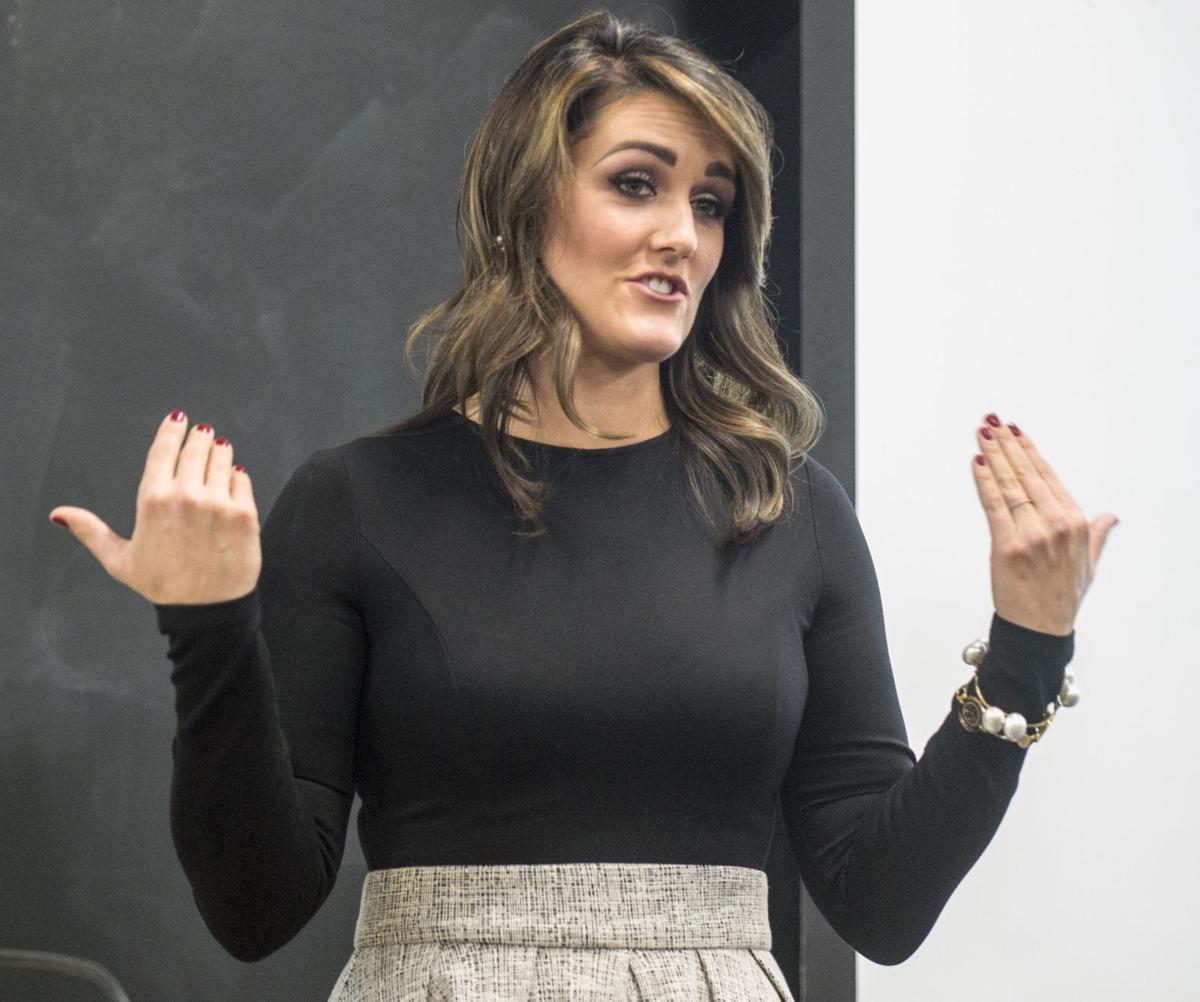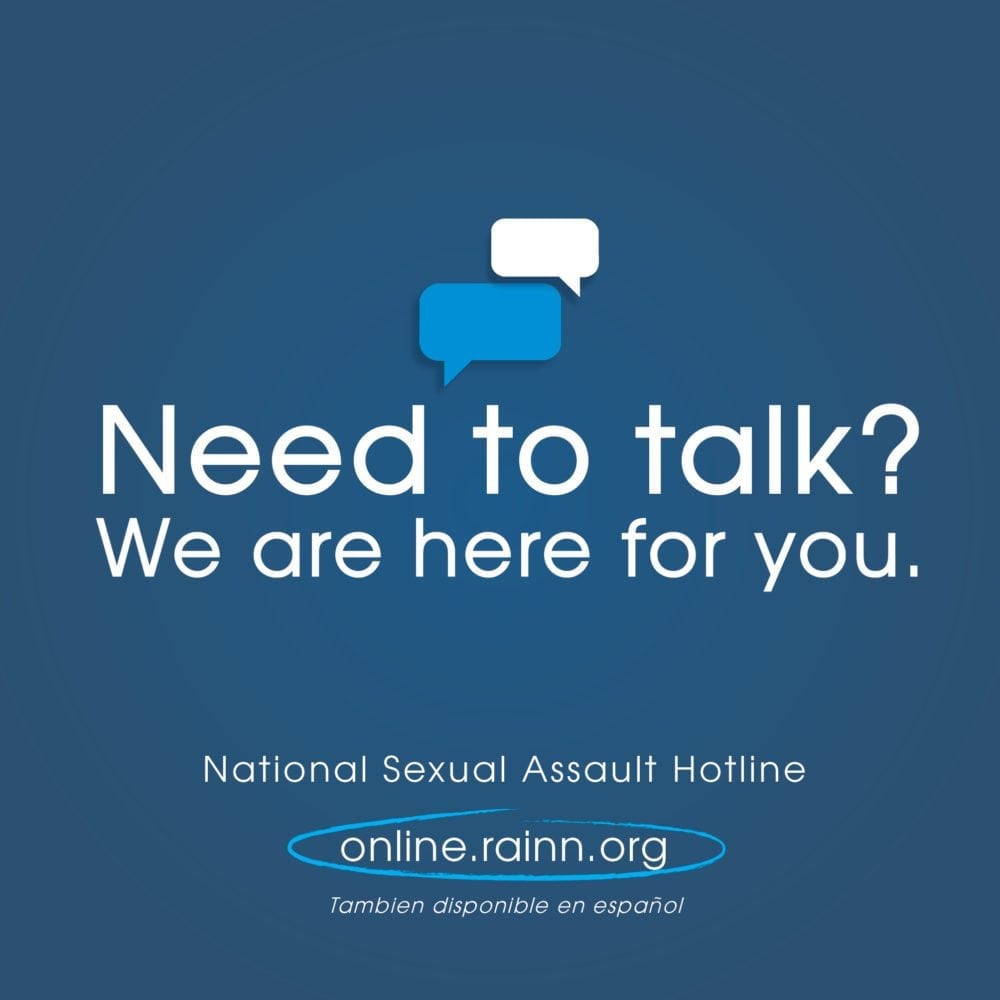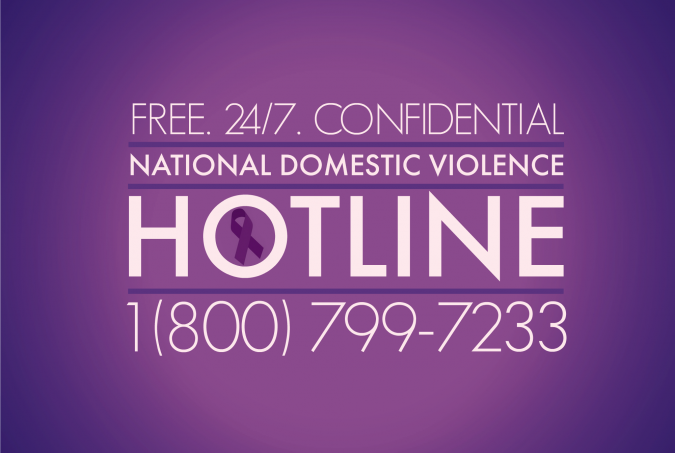From the Daily Collegian – Independently published by the students of Penn State University
Shortly after the 12th sexual assault report of the year was reported, Kimberly Corban — a sexual assault survivor and Second-Amendment activist — came to Penn State to share her insights on the issues and inspire discussion about the rate of sexual assault on campus.
On Oct. 24, she addressed a group of around 20 students as part of the Penn State College Republicans’ annual Truth Week speaker series, which aims to present conservative thought to students.
College Republicans Secretary Maggie Malecki said she believes Corban’s message is especially relevant to women and survivors on campus.
“As 18, 19, 20-year-old women, we hear these things happen and [Corban]… shows that you can rise about the situation and [there is] someone who can directly understand what you’re going through,” Malecki (junior-economics) said.
As a new college student from Greeley, Colorado, Corban said she dismissed her school’s educational resources on sexual assault, never believing she or any of her friends would ever experience sexual assault.
One night, Corban said, shortly after she moved into a new apartment with her sorority sisters, the 20-year-old woke up to a strange man in her bed, smothering her face with a T-shirt. She said she knew he was there to assault her, and later she found out that he broke into her apartment after having stalked her for weeks.

Kimberly Corban speaks on her experiences with sexual assault at “Truth Week” hosted by Penn State’s College Republicans in the Willard building on Oct. 24, 2017
Corban said these experiences inspired her to speak out publicly about her story, in aims of empowering other survivors and encouraging conversations about sexual assault.
“[I focus on] educating people about all the different ways that they are survivors and not victims,” Corban said. “I bring my real life experiences and willingness to speak about [the rape] without shame and guilt.”
Corban contrasted the mentality of a victim versus a survivor — which she defined as someone who has “regained control over their lives, which sexual assault takes away.”
After the sexual assault, she suffered from depression, PTSD and frequent panic attacks, and she said she struggled for the courage to reach out for help. She coped with her trauma with binge drinking and promiscuity, a common reaction among survivors.
Ultimately, Corban said that telling her side of the story to the media with her name and face was a turning point, since she set a precedent for other survivors to report their assailants.
“That woman in the [911] phone call is not the same person you see today,” Corban said to her audience. “I’ve empowered myself to save myself. I’ve become that person I needed that day.”
Throughout her speech, Corban emphasized the need for empathy toward survivors, especially those who choose not to report their crimes to law enforcement. Given that the assailant, Ronnie Pieros, was a complete stranger, Corban’s case is a statistical anomaly. Most attackers know their victims.
“I knew I would get my day in court that moment when he turned me over,” Corban said. “A very black and white line was crossed, that type of reaction was not normal.”
Katierose Epstein appreciated Corban’s disclaimer that her experiences do not represent those of all survivors.
“I liked how she recognizes that her story is different from other stories,” Epstein (junior-political science) said. “That she says that in her speech is super important.”
At one point, Corban asked students to pair up and describe their last consensual sexual encounter. Observing the discomfort in the room, she reassured them that they would not actually have to follow through, taking the opportunity to teach the audience about the emotional barriers that stop many survivors from talking to law enforcement.
“Can you imagine if your last encounter was rape?” Corban said. “Can you maybe feel some sympathy for people who don’t want to go through the criminal justice system?”
Corban shared resources for survivors of sexual assault, telling the audience how victims advocates from her university’s sexual assault resource center and members of Greek life on her campus supported her through her remaining years of school. While she assumed she would never need counselors or other assistance available to survivors, Corban said that awareness was important in case someone ever faced a sexual assault.
Corban described how learning to use a gun and getting her concealed carry permit helped her feel safe. In her time as a graduate student, she carried her firearm on her campus, taking advantage of Colorado’s laws allowing legal firearms in public universities. When the Colorado state legislature introduced a bill to ban concealed carry, she spoke to state senators about her story and the reasons behind her choice to carry.
She later appeared on CNN’s Guns in America townhall to question former President Obama about her right to protect herself and her children with a firearm. According to Corban, she wanted to “bring the conversation about victimization to the conversations about Second Amendment rights.”
College Republicans member Aidan Mattis found the discussion of gun control in the context of sexual assault an interesting aspect of the speech
“It was interesting to hear about the intersection of sexual assault and the Second Amendment,” Mattis (sophomore-economics and medieval studies) said. “You don’t often hear about those two together.”
A self-identified conservative, Corban expressed disappointment with the current politicization of sexual assault, saying that she hoped she spread greater awareness about sexual assault among students of all political beliefs.





